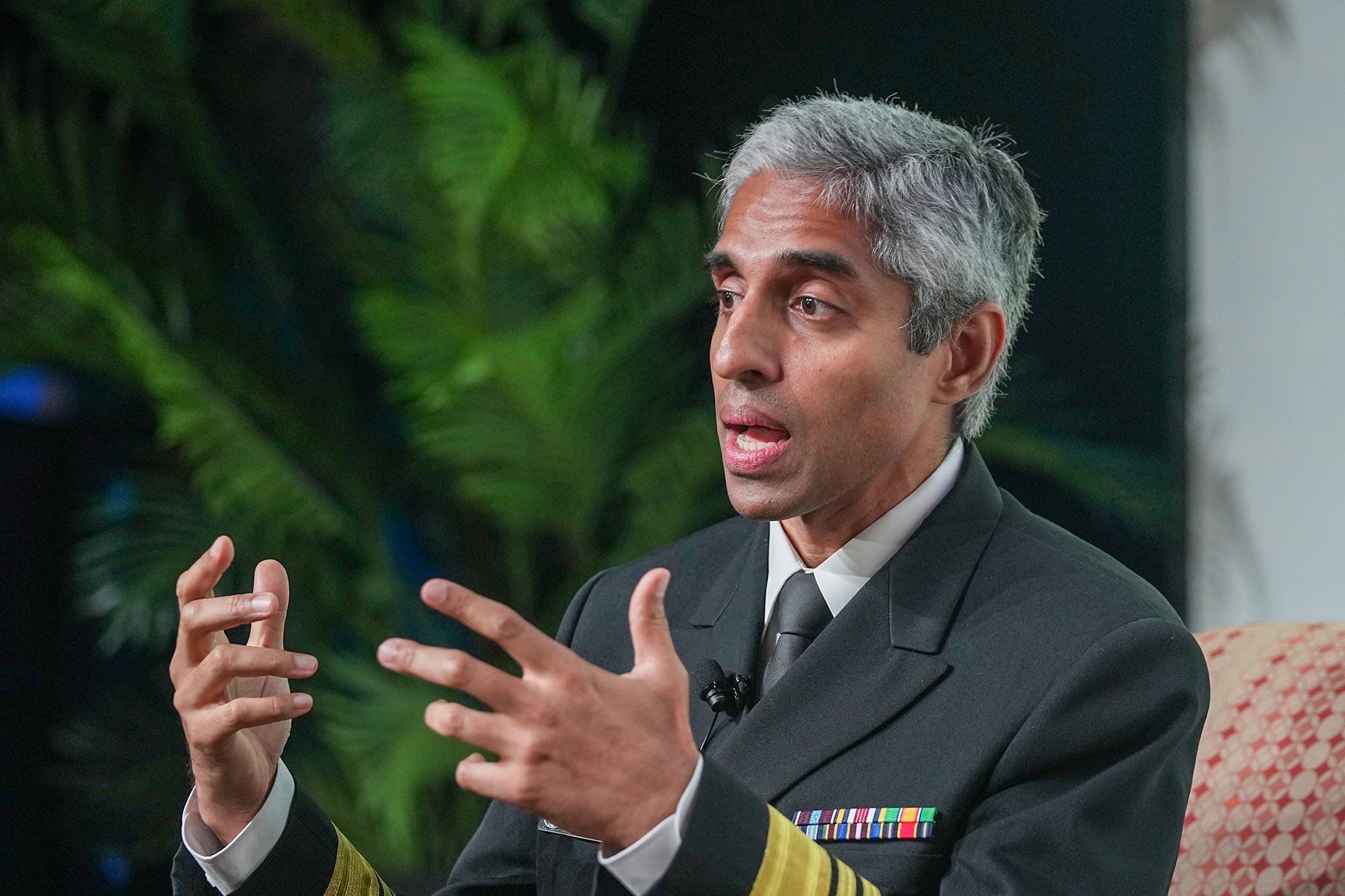US Surgeon General Vivek Murthy is demanding Congress require a safety label on social media apps like cigarettes and alcohol, citing that teens who use them for three hours a day double their risk of depression.
Murthy has a history of advocating for mental health: He issued a similar advisory last year categorizing loneliness as a health crisis comparable to smoking up to 15 cigarettes a day.
So far, Congress hasn’t done much to curb children’s social media usage, apart from chastising a few tech CEOs and targeting TikTok as a national security threat. Murthy’s emergency declaration on Monday was a call for concrete action.
“A surgeon general’s warning label,” Murthy argued in a recent op-ed in the New York Times, “would regularly remind parents and adolescents that social media has not been proved safe.”
Would it work? Labels on tobacco did lead to a steady decline in adolescent cigarette smoking over the past several decades (that is, until vapes came along … but that’s another story). Murthy acknowledged, however, that a warning label alone wouldn’t fix that the average teen spends nearly five hours a day scrolling, and also suggested that schools, family dinners, and anyone in middle school or below, stay phone-free.
What do you think? Should social media apps be labeled as dangerous for children? Let us know
here.
